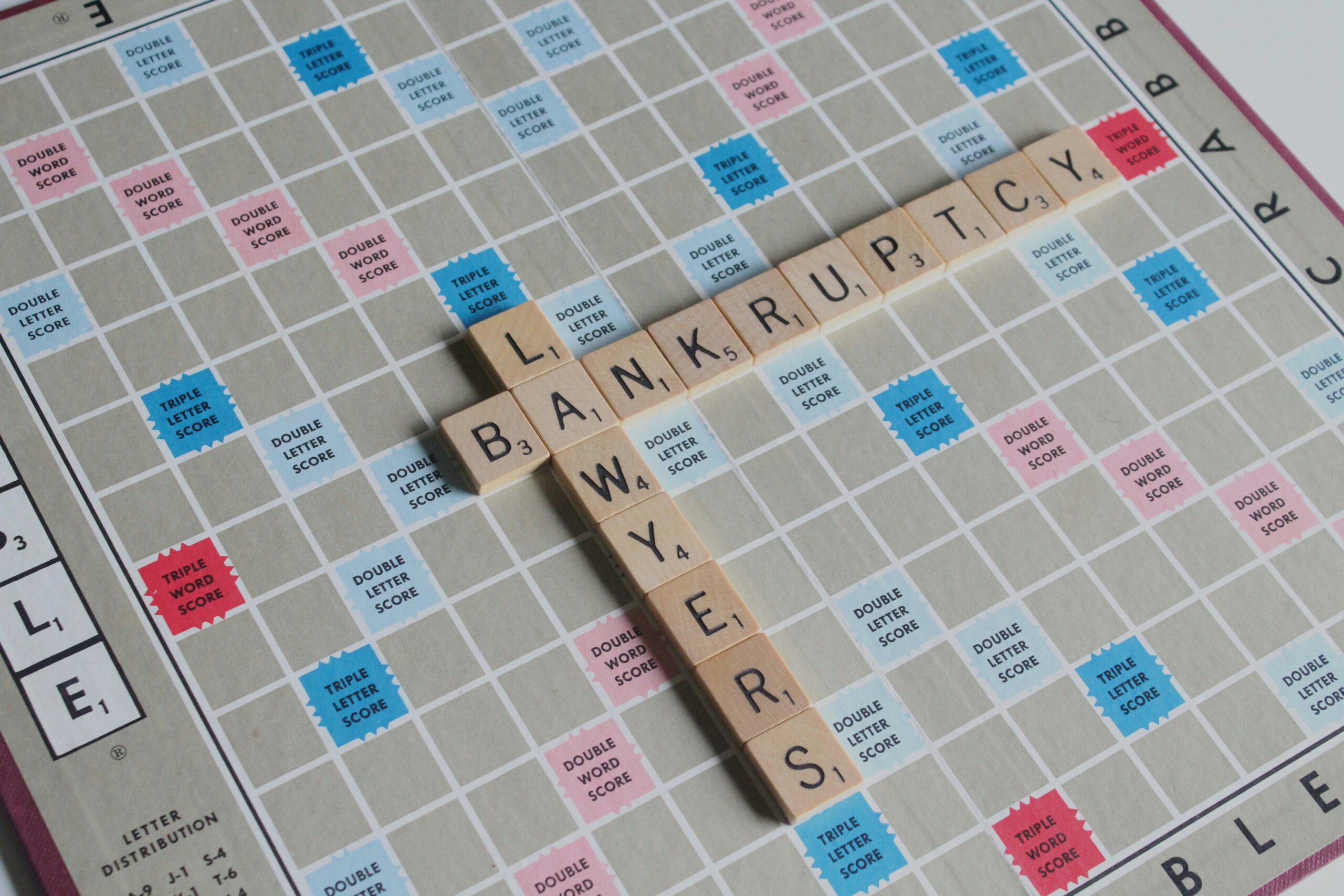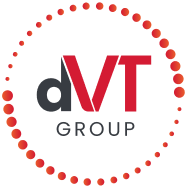In Australia, recent reports indicate that up to 40% of small to medium enterprises (SMEs) may be incorrectly valued, leading to significant financial implications.
In today’s rapidly evolving economic environment, accurate business valuations have become more crucial than ever. They not only help businesses unlock their true potential, but also strategically position them for opportunities like mergers, acquisitions, or attracting investors.
This article explores the key elements of business valuations:
Preparing for a Business Valuation
Before embarking on a business valuation, thorough preparation is vital. Accredited business valuers bring their expertise to assist businesses in gathering and organising key financial documentation. This typically includes collecting income statements, balance sheets and cash flow statements from the past three to five years, which provide a comprehensive financial picture. Reliable documentation is critical for projecting future performance and serves as the foundation for accurate valuation analysis.
A good business valuer provides the guidance to ensure every piece of relevant information is collected, minimising risks of oversight and maximising valuation accuracy.
Assessing Market Conditions
• Analysing Economic Indicators: Understanding factors like interest rates and inflation is crucial, as these impact business value significantly. Recognising these indicators helps adjust valuations to accurately reflect the macroeconomic environment.
• Understanding Industry-Specific Trends: Being aware of trends and changes within a specific industry provides valuable context and can help identify opportunities or threats that may affect a business’s valuation.
Addressing Common Pitfalls in Business Valuation
Business valuations can be fraught with pitfalls. Accredited valuers utilise rigorous methodologies and industry knowledge to avoid common mistakes that could distort the valuation outcome, such as:
• Over-Reliance on Rough Estimates: They prevent reliance on rough estimates by employing multiple valuation methods and conducting benchmarking strategies to ensure realistic assumptions and projections are used.
• Avoiding biases: Maintaining objectivity by employing diverse perspectives and implementing peer reviews to challenge assumptions.
• Compliance: Adhering to established guidelines and staying updated on changes in accounting standards ensures valuations are credible and trustworthy, avoiding future legal repercussions.
Valuing Intangible Assets
Intangible assets like brand reputation and intellectual property can significantly impact a company’s value. With specialised skills, accredited valuers accurately quantify these assets, essential for businesses with significant intangible holdings.
These intangible assets are often the primary force that drives competitive advantages and significantly influences the business value.
Leveraging Technology in Valuation
The integration of technology in business valuations is transformative. Accredited business valuers utilise valuation software and tools that facilitate data analysis, scenario modelling and risk assessment, enhancing accuracy and efficiency.
These technologies also provide a clearer picture of a business’s financial standing and future potential.
Communicating Valuation Results
Presenting valuation results clearly and concisely can be challenging, especially when conveying complex financial information. Reports should include essential elements like executive summaries, methodologies and findings, using visualisation techniques like charts and graphics to make complex data easier to read.
Suelen McCallum from dVT Group says “it is important to translate these complexities into insights that clients can easily understand. This ensures the client not only comprehends the valuation findings and insights but can use them to make informed business decisions”.
Suelen also believes that engaging in early and open communication ensures input from all relevant parties and helps prevent misunderstandings or oversights later in the valuation process.
Conclusion
Reliable business valuations are more critical than ever for strategic decision-making. By guiding clients through the components of a business valuation and leveraging the expertise of an accredited business valuer, you can assist businesses secure long-term benefits and establish a robust foundation for future growth.
As businesses continue to evolve, accurate valuation practices will remain an indispensable tool for unlocking value and fostering success.
If you would like to speak to an accredited business valuer about a business valuation, please contact Suelen McCallum at dVT Group at (02) 9633 3333 or by email at mail@dvtgroup.com.au.
dVT Group is a business advisory firm that specialises in business turnaround, insolvency (both corporate and personal), business valuations and business strategy support.
Suelen McCallum & Anne Floyd
October 2024





